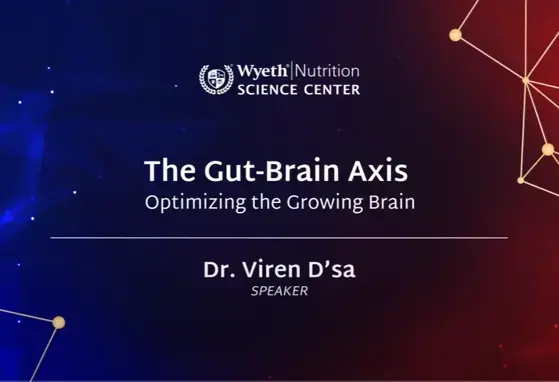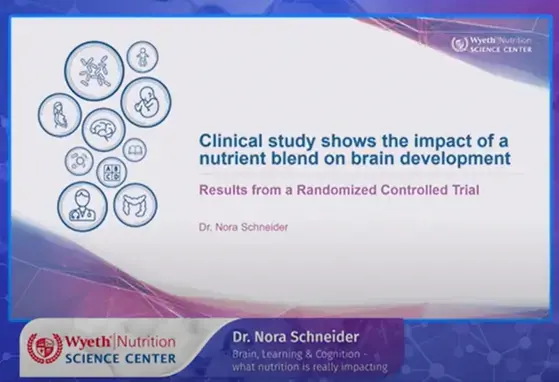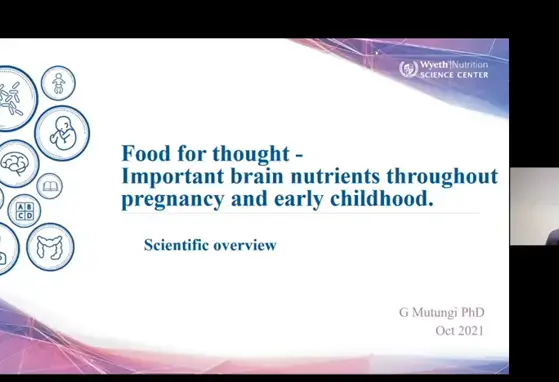Brain Academy

The Gut-Brain Axis: Optimizing the Growing Brain
Viren D'Sa
The Gut-Brain Axis: Optimizing the Growing Brain

Brain, Learning & Cognition - what nutrition is really impacting
Dr. Nora Schneider
Brain, Learning & Cognition - what nutrition is really impacting

[Literature library] Myelination and the developing social brain
[Literature library] Myelination and the developing social brain

Food for thought – Important brain nutrients throughout pregnancy and early childhood: Dr Gisella Mutungi
Food for thought – Important brain nutrients throughout pregnancy and early childhood: Dr Gisella Mutungi